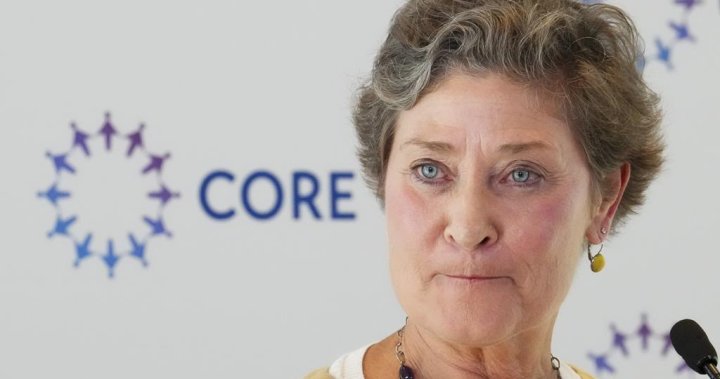The Canadian Ombudsperson for Responsible Enterprise, Sheri Meyerhoffer, has launched an investigation into Ralph Lauren, a fashion company, regarding the alleged use of forced labor in its supply chains. At the same time, Meyerhoffer has placed a Toronto-based mining company, GobiMin Inc., on notice regarding its policies to prevent forced labor.
Meyerhoffer expressed concern about Ralph Lauren Canada LP’s efforts to eliminate components connected to the mistreatment of the Uyghur minority in China. She has also asked GobiMin Inc. to improve its policies to ensure forced labor is not utilized in its supply chains.
According to the report issued on Tuesday, Ralph Lauren initially refused to participate in the ombudsperson’s assessment stage but later showed a willingness to collaborate. This change in attitude has made it challenging to complete the assessment.
Meyerhoffer emphasized the importance of corporate due diligence and policies that address complaints or grievances raised by stakeholders to mitigate the risk of forced labor.
China denies the existence of forced labor camps, stating that they are detention centers meant to combat Islamic radicalization. However, the United Nations found evidence of human rights violations against the Uyghur population in China.
Meyerhoffer’s report referred to two vendors supplying textile materials to Ralph Lauren, both of which have been accused of purchasing cotton from Xinjiang, where forced labor is present. Ralph Lauren has issued statements and conducted reports on human rights, but it remains unclear how effectively the company employs fiber-origin tracing technology to avoid using slave labor.
Despite not including 26 shipments of Ralph Lauren goods involving a Chinese company accused of forced labor, Meyerhoffer encouraged confidential mediation between the complainants and Ralph Lauren. She stated that this process could have occurred earlier if the company had cooperated with the investigation.
Meyerhoffer also requested GobiMin to improve its corporate reporting, following allegations of forced labor at a gold mine in Xinjiang. While the sale of the mine limits the ombudsperson’s ability to investigate, Meyerhoffer believes the company should clarify its assertion of not employing Uyghur workers and explain how it prevents forced labor.
These reports are the third and fourth initial assessments by the ombudsperson, focusing on allegations relating to the Uyghur population in China. The Chinese embassy denies these allegations, stating that they are fabricated to undermine China’s development.
Critics argue that Meyerhoffer’s office lacks the necessary tools to be effective, such as the ability to compel documents and testimonies. While she can blacklist companies from Canadian support, her mandate does not include imposing fines or punitive measures.
Denial of responsibility! VigourTimes is an automatic aggregator of Global media. In each content, the hyperlink to the primary source is specified. All trademarks belong to their rightful owners, and all materials to their authors. For any complaint, please reach us at – [email protected]. We will take necessary action within 24 hours.


